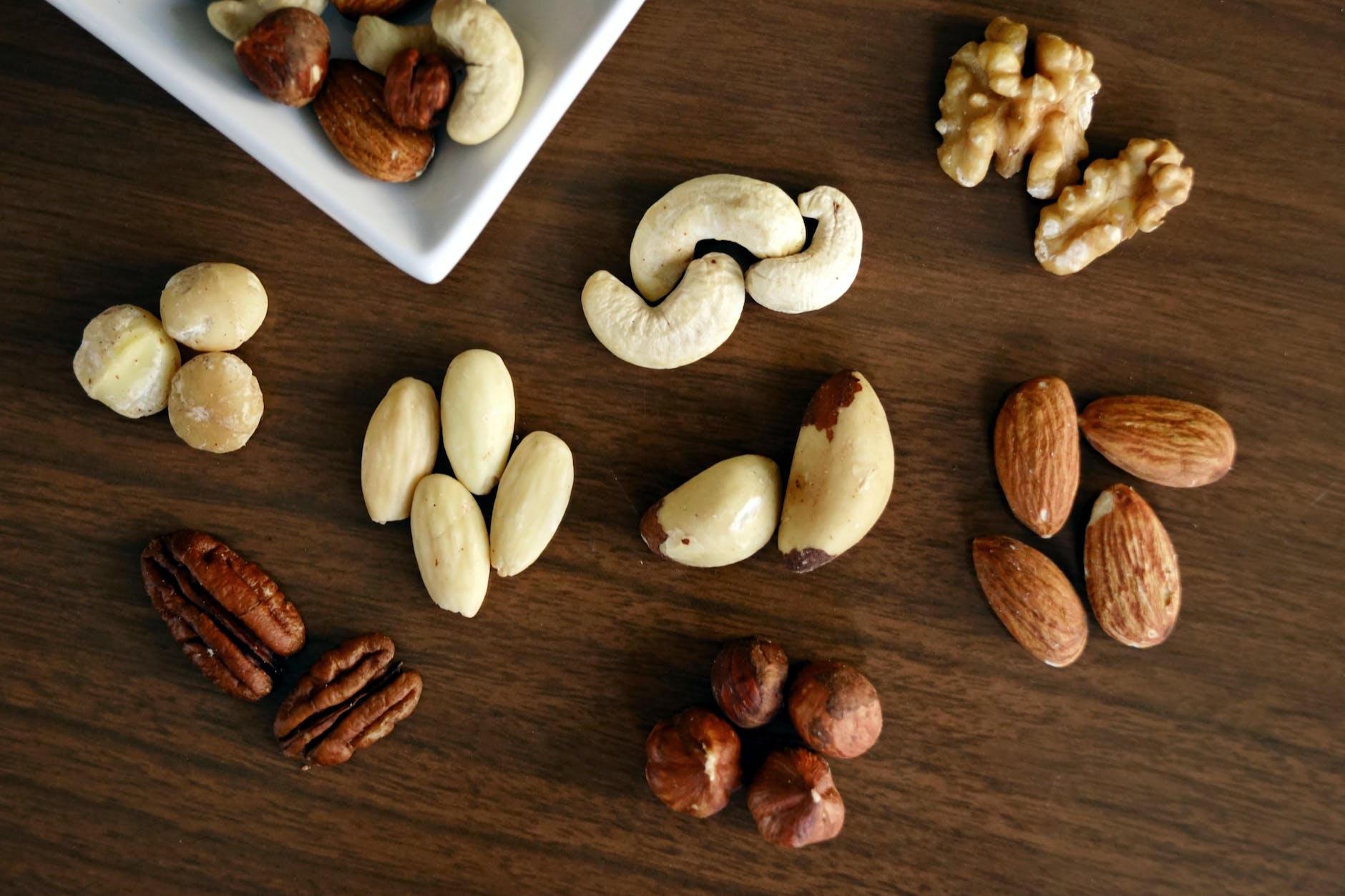
Guidelines for Nutrition and Weight Loss
Maintaining a healthy weight is crucial for overall health and well-being. However, with so many fad diets and conflicting information, it can be challenging to know what to eat and how to eat for weight loss. While some diets may offer quick results, they are often not sustainable, and weight gain can occur once the diet ends. Instead, adopting a healthy eating plan that includes nutrient-dense foods in appropriate portions can lead to long-term weight loss success. Here are seven guidelines for nutrition and weight loss.
1: Eat smaller portions
One of the most effective ways to reduce calorie intake is by eating smaller portions. Eating smaller meals can help you feel full and satisfied while consuming fewer calories. To practice portion control, use smaller plates, cups, and bowls to help you reduce the amount of food you eat. Additionally, take your time eating, chew your food slowly, and stop eating when you feel full. Eating smaller portions is an essential aspect of weight loss, and it can help you manage your calorie intake.
2:Reduce the number of calories
Weight loss occurs when you burn more calories than you consume. Therefore, reducing the number of calories you consume can help you lose weight. You can achieve this by decreasing your portion sizes, choosing lower calorie foods, and reducing your intake of high-calorie drinks such as soda and juice. Cutting out processed foods and foods high in sugar and fat can also reduce your calorie intake.
3: Track meal composition, portion size, and nutritional content
Tracking your meal composition, portion sizes, and nutritional content can help you manage your weight. Many apps and websites are available that allow you to track your calorie intake, macronutrient intake, and micronutrient intake. Keeping a food diary can also help you become more aware of your eating habits and identify areas where you can improve. Tracking your food intake can also help you identify any nutrient deficiencies or imbalances in your diet.
4: Choose nutritious meals that are lower in fat:
Choosing nutritious meals that are lower in fat can help you lose weight and maintain a healthy weight. Focus on consuming whole, nutrient-dense foods such as fruits, vegetables, whole grains, lean protein sources, and healthy fats such as nuts, seeds, and avocado. Limit your intake of processed and fried foods, as they tend to be high in fat and calories. Choosing foods that are high in fiber and protein can help you feel full and satisfied while consuming fewer calories.
5: Learn methods of food preparation for a healthy diet
Learning how to prepare healthy meals is essential for weight loss. Instead of relying on processed and pre-packaged foods, learn how to prepare your meals using fresh, whole ingredients. Cooking methods such as grilling, baking, and steaming can help you reduce your intake of added fats and calories. Additionally, learn how to read food labels to make informed decisions about the foods you consume.
6: Hydrate throughout the day
Staying hydrated is essential for weight loss. Drinking water throughout the day can help you feel full and satisfied, reducing your overall calorie intake. Aim to drink at least eight glasses of water per day, and limit your intake of high-calorie beverages such as soda and juice. Drinking water before meals can also help you consume fewer calories.
7: Identify behavioral and environmental factors
Behavioral and environmental factors can influence your weight loss success. Identifying and addressing these factors can help you achieve your weight loss goals. For example, stress eating, emotional eating, and lack of sleep can all contribute to weight gain. Learning healthy coping mechanisms, such as exercise, meditation, and deep breathing, can help you manage stress and emotions without turning to food. Additionally, making small changes to your environment, such as keeping healthy foods on hand and avoiding high-calorie snacks, can help you maintain a healthy diet.
TikTok Snaps Weight Loss
Snaps weight loss packets have gained popularity on TikTok and other social media platforms, where users share their experiences and opinions on the product.
Snaps is a brand that offers a variety of weight loss products, including weight loss drink packets that are designed to be mixed with water and consumed once or twice a day. The drink packets contain ingredients that are intended to help suppress appetite, boost metabolism, and promote fat burning.
Many TikTok users have shared videos documenting their experiences with Snaps weight loss packets, with some claiming to have lost weight after using the product. These videos often feature before-and-after shots and testimonials, with users expressing their satisfaction with the product and recommending it to others.
It’s worth noting, however, that not all of the reviews of Snaps weight loss packets on social media have been positive. Some users have reported experiencing side effects such as nausea, headaches, and jitters, while others have questioned the effectiveness of the product.
As with any weight loss product, it’s important to approach Snaps weight loss packets with caution and to do your research before trying them. While social media reviews can be helpful in getting a sense of other users’ experiences with the product, it’s important to keep in mind that these reviews may not be entirely representative of the product’s overall effectiveness or safety.
Before trying Snaps weight loss packets or any other weight loss product, it’s always a good idea to consult with a healthcare professional to determine if the product is safe for you and to get personalized guidance on how to best achieve your weight loss goals.
Conclusion
In conclusion, weight loss is achievable through a combination of healthy eating habits and regular exercise. The guidelines mentioned above can help you develop a healthy eating plan that supports weight loss and long-term weight management. It is important to remember that weight loss is not a one-size-fits-all solution, and what works for one person may not work for another. Consulting a registered dietitian or healthcare provider can help you develop a personalized plan that meets your individual needs and goals. With dedication and commitment, a healthy diet and lifestyle can help you achieve and maintain a healthy weight for years to come.






